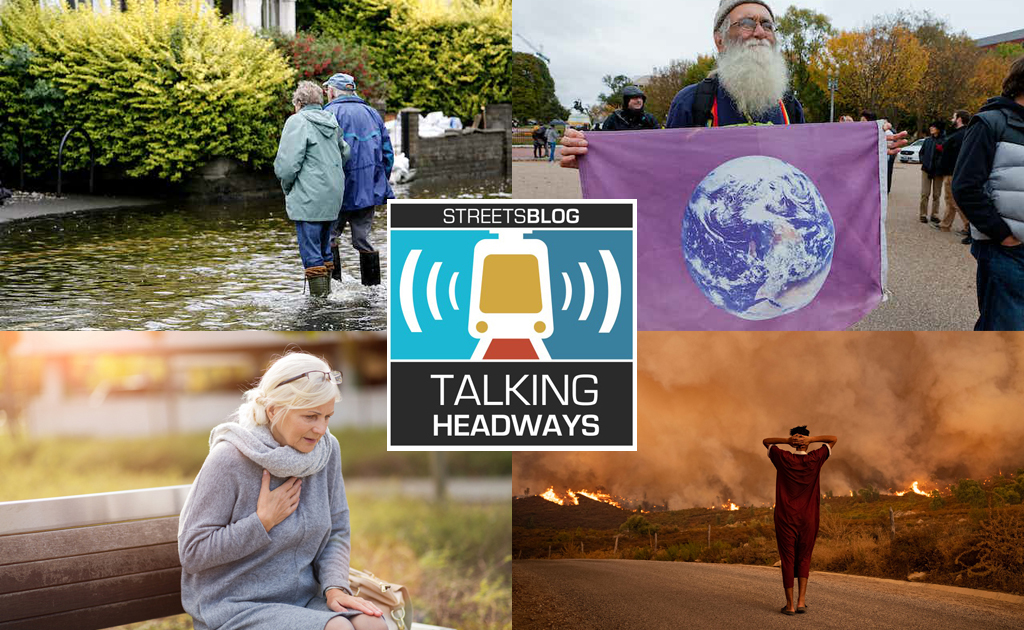This week, we’re joined by Danielle Arigoni, managing director for Policy and Solutions at The National Housing Trust. We chat about Danielle’s new book "Climate Resilience for an Aging Nation" (Island Press) as well as housing policy that benefits everyone.
If you like to read rather than listen, click here for the full (AI-generated) transcript. If you want a partial transcript, it's below the player:
Jeff Wood: It seems now that no one can really avoid talking about climate change because of the range of disasters that have been happening to us this summer and before: Heatwaves, flooding, hurricanes, drought. But they seem to take on a different meaning through the lens of older adults. Why are older adults important to consider when it comes to climate change and disaster resilience?
Danielle Arigoni: I think the first thing that that jumps to mind is just the sort of shocking statistics when you look at disaster after disaster. Who bears the brunt of those? Who is dying in those disasters? In almost all cases, going back as far as Hurricane Katrina, nearly 20 years ago, and as recently as the wildfires in Lahaina this summer, the vast majority of people who are dying are older adults, often as much as 100 percent of people who died, for example, in Puerto Rico in Hurricane Maria. And I think e have kind of a blind spot with regards to this.
The initial media reports around the wildfires from Hawaii this summer were that some of the people who died were older adults, but we expect that that age is going to be more evenly distributed across age groups. The final tally was something like 73 percent of people were older adults. So again, we seem to not want to see the reality and the trend and the pattern, which is that time and time again, older adults are the majority of deaths in disasters. And in the 20 years since Hurricane Katrina, we have seen no real change in that pattern. It is predictable, it is tragic, frankly, it’s immoral.
But it’s not just around disasters. I think it’s also about what it means for older adults from a health perspective and a from a financial perspective when they’re dealing with new climate conditions that we all are encountering, even outside of disasters.
We’re all dealing with hotter summers and longer summers. We’re all dealing with more extreme rainfall. We’re all dealing with higher costs of utilities and insurance, but those really land differently and land in a more difficult way often on older adults, particularly those who are income restricted, income strained.






